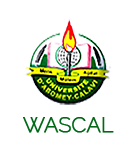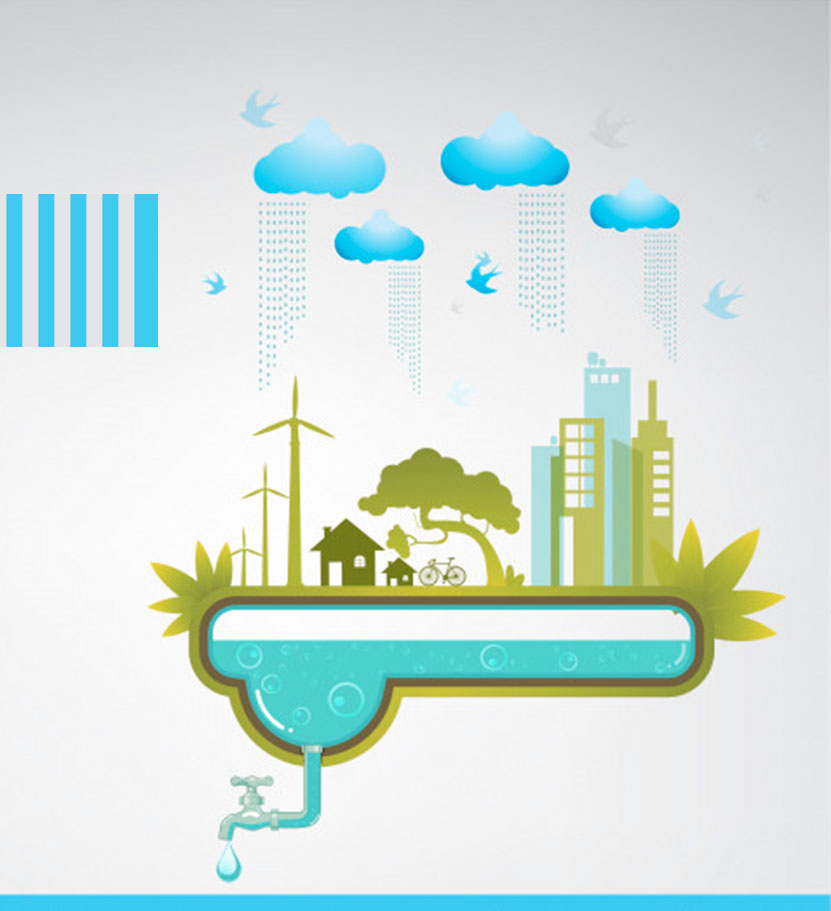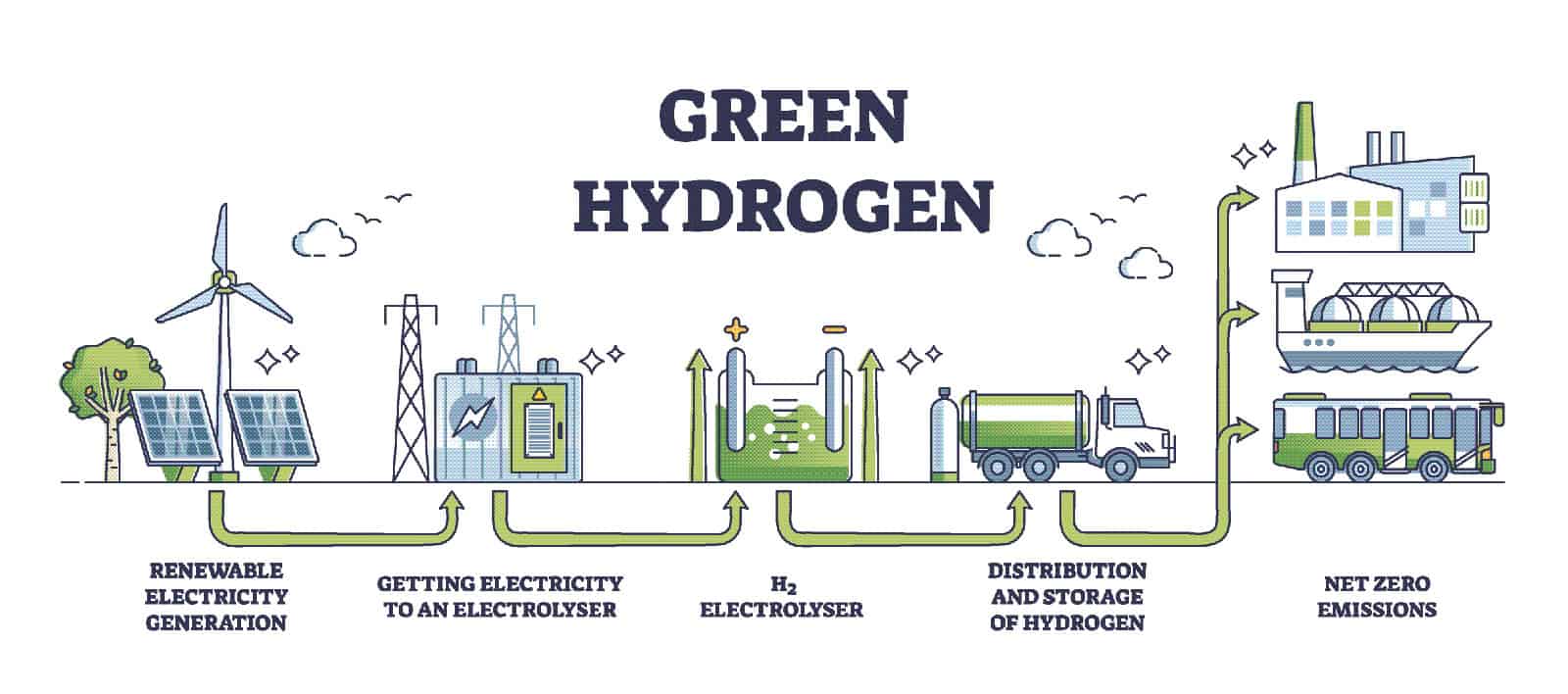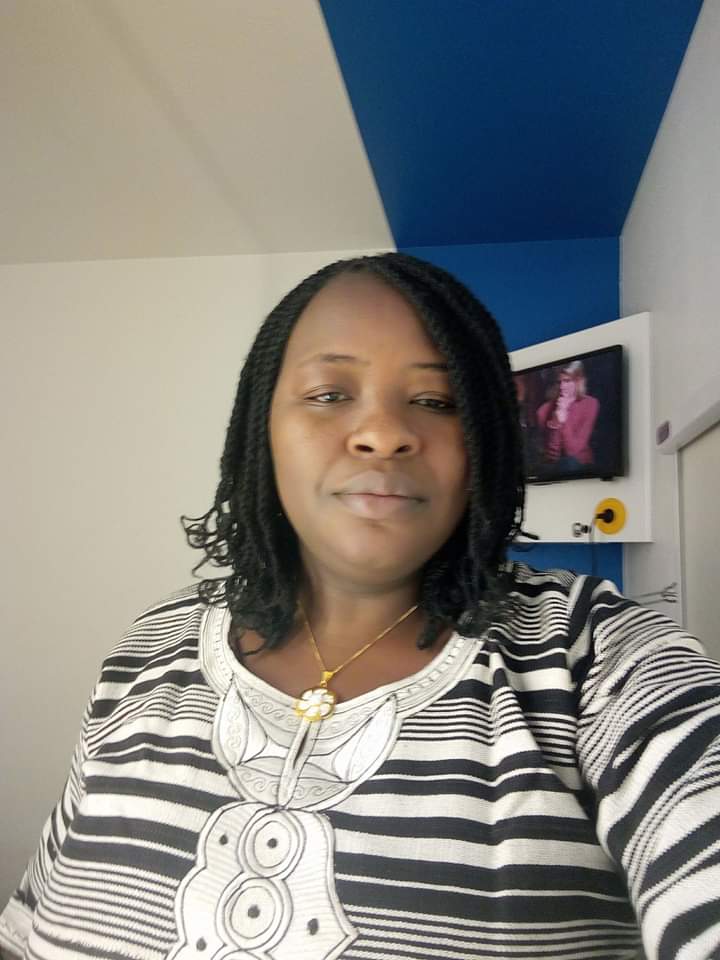For a good management of water resources Wascal trains students from Benin and Algeria.
Phase 2 of the Wascal program is now effective at the University of Abomey-Calavi. Chaired by the Director of the West African Center for Scientific Service on Climate Change and Adapted Land Use (Wascal),
Professor Julien Adounkpe, the opening ceremony was held in one of the halls of the institute last Wednesday, in the presence of teachers and students.Dix students of the program Pan African University Institute of Water and Energy Sciences ( PAUWES) from Algeria will exchange with their colleagues from Benin (10 also) on water resources issues. These students at the end of the Master’s or doctoral dissertation, 20 in total, will benefit from the experience of teacher-researchers from Benin and Algeria. Indeed, the Wascal program, which is in its second phase, is a doctoral program that includes 10 West African countries, which are mainly concerned with climate change. “We have already observed two years of work in a Wascal-Pauwes project1.
Two years during which we have achieved satisfactory results. This is why the project was renewed for another two years. And the first scientific event is this workshop which is organized here in Benin, “said Professor Chabane Sari Sidi Mohamed, Coordinator Wascal-Pauwes 2 of Algeria. This training, which will last two weeks, was initiated on the basis of the needs expressed by the students themselves to fill what they identified as gaps in them. It is according to the expressed needs that the training was decided and the various modules were put in place, “said the Director of Wascal-Benin, the professor, Julien Adounkpé, adding that it is a joint program between three Tlemcen Universities of Algeria, the UAC of Benin and that of Niger.
“This program funded by Germany has put us together to identify the specific needs of students given that they are expected to play very important roles in the very near future for the development of Africa” , he said. Thus, this program aims to train a succession of quality for a true development of Africa. “We want that at the end of the training, they can be able to react to situations they do not react to because they do not yet have the skills,” he said. This means that participants will gain new knowledge to better face the challenges of climate change. It should be noted that the particularity of this training is that it will not be limited only to the practical part, but students will also have the opportunity to join theory to practice. “There are very experienced experienced teachers who are expected to give them training in both hydrology and climatology. They will also have to share field experiences with mentors from both the University and the professional community, “suggested.
Professor Agnidé Emmanuel Lawin, Assistant Director of the Wascal program, without failing to urge students to be diligent and listen to activities.








